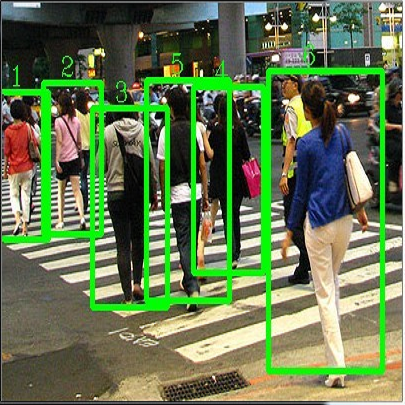Semi-supervised object detection has made significant progress with the development of mean teacher driven self-training. Despite the promising results, the label mismatch problem is not yet fully explored in the previous works, leading to severe confirmation bias during self-training. In this paper, we delve into this problem and propose a simple yet effective LabelMatch framework from two different yet complementary perspectives, i.e., distribution-level and instance-level. For the former one, it is reasonable to approximate the class distribution of the unlabeled data from that of the labeled data according to Monte Carlo Sampling. Guided by this weakly supervision cue, we introduce a re-distribution mean teacher, which leverages adaptive label-distribution-aware confidence thresholds to generate unbiased pseudo labels to drive student learning. For the latter one, there exists an overlooked label assignment ambiguity problem across teacher-student models. To remedy this issue, we present a novel label assignment mechanism for self-training framework, namely proposal self-assignment, which injects the proposals from student into teacher and generates accurate pseudo labels to match each proposal in the student model accordingly. Experiments on both MS-COCO and PASCAL-VOC datasets demonstrate the considerable superiority of our proposed framework to other state-of-the-arts. Code will be available at https://github.com/hikvision-research/SSOD.
翻译:半监督的物体探测在开发以教师为主的平均自我培训方面取得了显著进展。 尽管取得了有希望的成果, 标签错配问题在先前的著作中还没有得到充分探讨, 导致在自我培训过程中出现严重的确认偏差。 在本文中, 我们从两个不同但相互补充的角度, 即分布级别和实例级别, 研究这一问题并提出一个简单而有效的LabelMatch 框架。 对于前者, 合理的做法是将未贴标签的数据与Monte Carlo Sampling的标签数据中的分类分布相近。 在这种微弱的监督提示的指导下, 我们引入一个重新分配的平均值教师, 利用适应性标签- 分配-aware 信心阈值来生成无偏见的假标签来推动学生学习。 对于后一个问题, 我们从两个不同但又相互补充的模型, 即分布级别和实例级别, 我们提出了一个自我培训框架的新标签分配机制, 即自派建议, 将学生的建议引入教师, 并生成准确的假标签来匹配学生模式中的每一项建议。 在 MS- CO 和 PASA- VOR 中, 都展示了我们现有的高级/ PASARC 。



